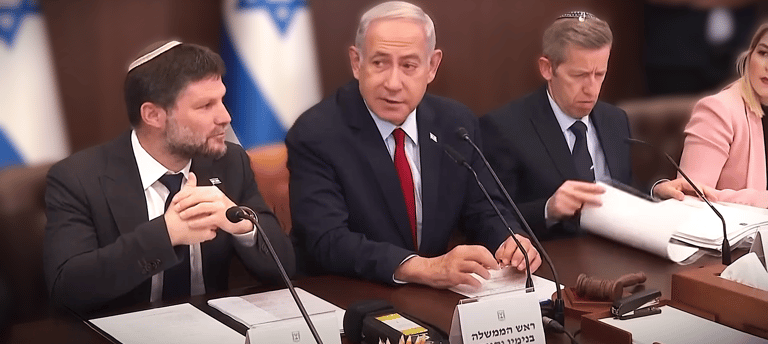Israel’s E1 Settlement Plan: A Decisive Step Toward Ending the Two-State Solution | August 2025
On 14 August 2025, Israel revived the E1 settlement plan, approving 3,401 housing units, threatening West Bank division and the viability of a two-state solution.
Raja Awais Ali
8/14/20252 min read
Israel’s Controversial E1 Settlement Plan: A Decisive Step Toward Ending the Two-State Solution
On 14 August 2025, Israel’s hardline Finance Minister announced the revival of the long-stalled E1 settlement plan. The project involves constructing 3,401 new housing units in the area between East Jerusalem and Ma’ale Adumim. Globally, this move is being viewed as a significant attempt to “bury” the concept of a Palestinian state.
The E1 project had been suspended for years due to international pressure, as its development would divide the West Bank and compromise the territorial continuity of Palestinian areas. Experts warn that this step could make East Jerusalem inaccessible for Palestinians and sever connections between different West Bank regions.
The Israeli government has moved swiftly, declaring that final approval for the project will be granted by the end of August, with initial infrastructure work potentially starting in the coming months. Construction could begin within a year. This development comes at a time when countries like the UK, France, and Australia are taking steps to recognize a Palestinian state—moves Israel openly rejects.
Human rights organizations have strongly condemned the plan, calling it a colonial measure. The Palestinian Ministry of Foreign Affairs described it as a clear attempt to entrench occupation, displace residents, and solidify Israeli control over the West Bank.
In 2025, Israel approved a record number of new settlements in the West Bank, including several previously considered off-limits areas. This rapid expansion is sharply reducing the prospects for a two-state solution and shrinking Palestinian territorial continuity.
Under international law, settlements in the occupied West Bank are illegal and violate multiple Geneva Conventions and United Nations Security Council resolutions. Israel, however, cites historical claims and security needs to justify its actions.
The E1 project is more than just a residential initiative—it sends a strong political message. Israel is signaling that facts on the ground outweigh international norms and negotiations. Its impact will extend beyond Palestinian areas, potentially reshaping the geopolitical and territorial landscape of the Middle East.
The complex demographics of the West Bank and East Jerusalem, with over 700,000 Israeli settlers and millions of Palestinians, are further complicated by projects like E1, deepening existing divides.

